B2B Medical Delivery
USA: Accelerating Medical Deliveries in rural America

42 km
distance
(one way)

29 min
average flight time
(till delivery)
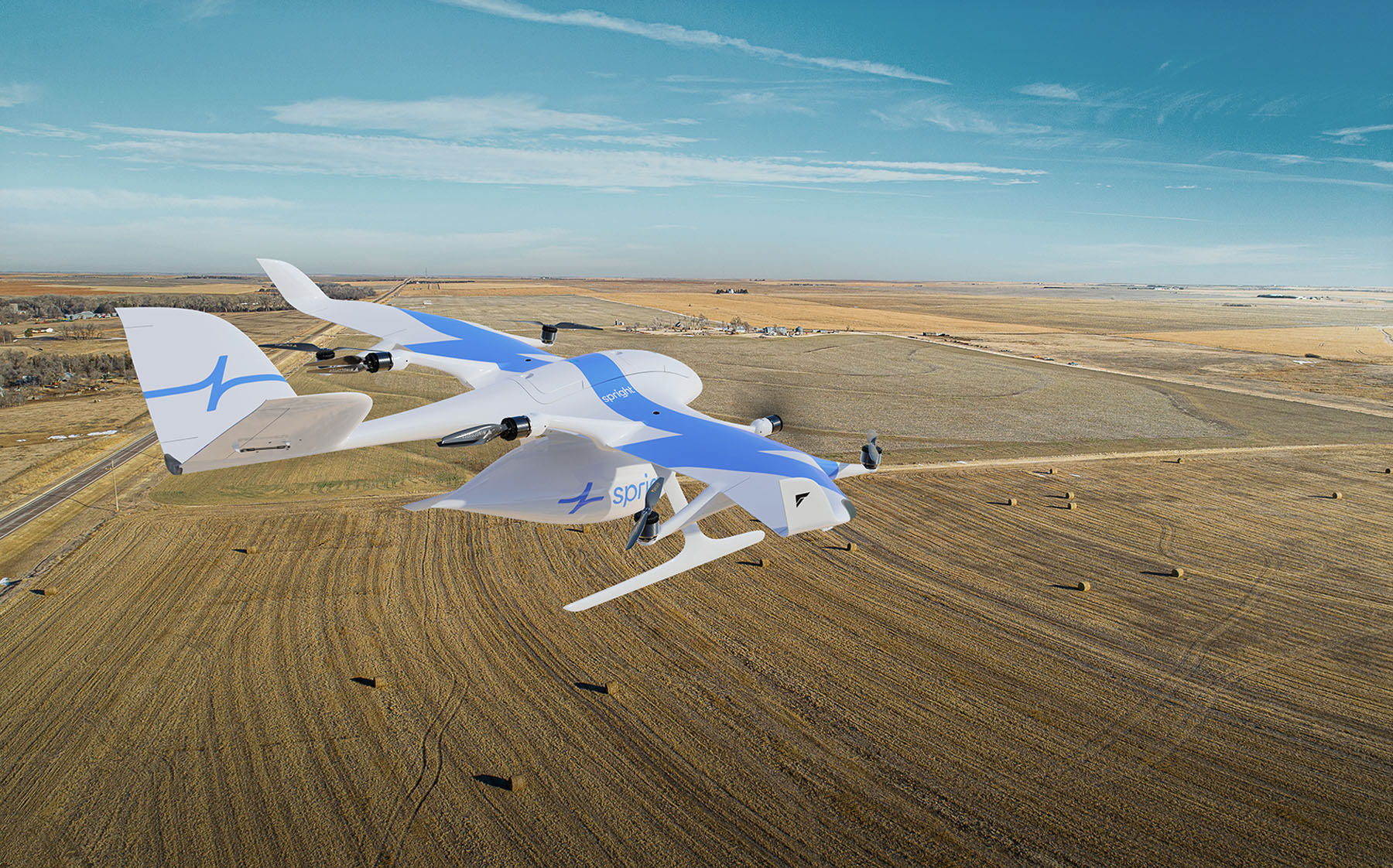
Challenge
Challenge
Challenge
Challenge
As a result of the USA’s efforts to keep healthcare costs down, many Americans, especially in rural areas, are impacted by a lack of immediate or timely access to healthcare resources. Distances between healthcare facilities are often great and medical goods are transported by courier car only once or twice a day, taking up time of healthcare professionals.
When these shortages impact the availability of blood products, urgently needed medicines, diagnostics or small medical devices, the consequences can be dire.
The remote island of Pentecost is one of 83 islands in the South Pacific that make up the nation of Vanuatu. The 60 km long island is made up predominantly of mountainous terrain covered in dense jungle. In many cases, the islanders don’t have access to roads, electricity or permanent healthcare facilities.
Providing access to vaccines in the most remote communities involves nurses travelling from health centers, sometimes having to hike for several hours or days, or travel by boat around the island. Even short distances can take long and costly hours in which the heat-sensitive medical supplies are exposed to the tropical heat and arduous travel conditions.
As a result of the USA’s efforts to keep healthcare costs down, many Americans, especially in rural areas, are impacted by a lack of immediate or timely access to healthcare resources. Distances between healthcare facilities are often great and medical goods are transported by courier car only once or twice a day, taking up time of healthcare professionals.
When these shortages impact the availability of blood products, urgently needed medicines, diagnostics or small medical devices, the consequences can be dire.
As a result of the USA’s efforts to keep healthcare costs down, many Americans, especially in rural areas, are impacted by a lack of immediate or timely access to healthcare resources. Distances between healthcare facilities are often great and medical goods are transported by courier car only once or twice a day, taking up time of healthcare professionals.
When these shortages impact the availability of blood products, urgently needed medicines, diagnostics or small medical devices, the consequences can be dire.
Solution
Solution
Solution
To tackle these challenges, Spright, Air Methods’ drone division, aims to set up a flexible, rapid drone-based distribution network across the United States, enabling the instant and on-demand delivery of vital medical supplies, medications, vaccines, blood, and lab samples, between medical facilities.
For initial tests, they collaborated with Hutchinson Regional Medical System, in Hutchinson, Kansas, and tested the deployment of Wingcopter drones for the delivery of samples and other medical supplies to a laboratory around 40 kilometers (26 miles) away.
To tackle these challenges, Spright, Air Methods’ drone division, aims to set up a flexible, rapid drone-based distribution network across the United States, enabling the instant and on-demand delivery of vital medical supplies, medications, vaccines, blood, and lab samples, between medical facilities.
For initial tests, they collaborated with Hutchinson Regional Medical System, in Hutchinson, Kansas, and tested the deployment of Wingcopter drones for the delivery of samples and other medical supplies to a laboratory around 40 kilometers (26 miles) away.
To tackle these challenges, Spright, Air Methods’ drone division, aims to set up a flexible, rapid drone-based distribution network across the United States, enabling the instant and on-demand delivery of vital medical supplies, medications, vaccines, blood, and lab samples, between medical facilities.
For initial tests, they collaborated with Hutchinson Regional Medical System, in Hutchinson, Kansas, and tested the deployment of Wingcopter drones for the delivery of samples and other medical supplies to a laboratory around 40 kilometers (26 miles) away.
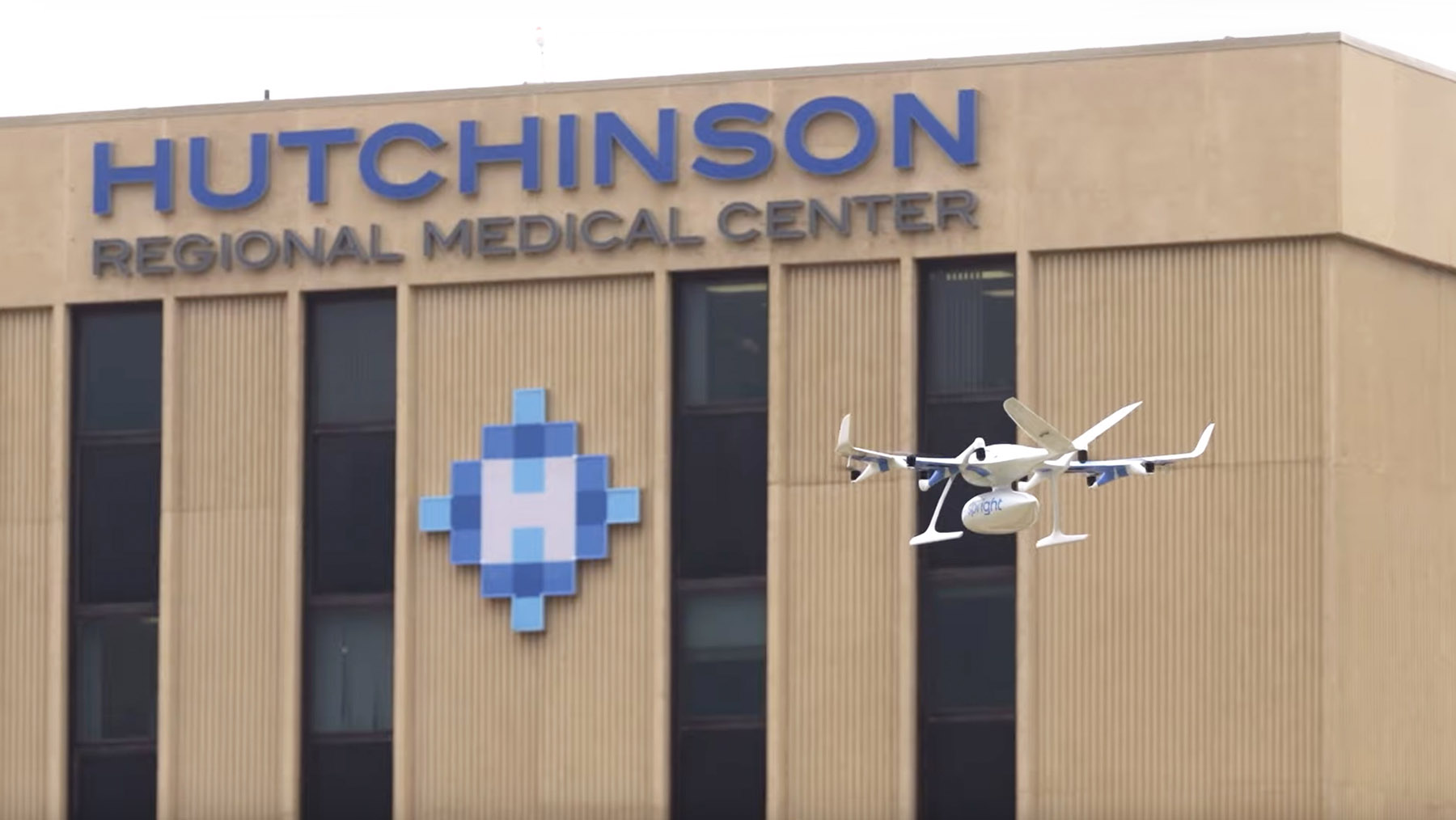
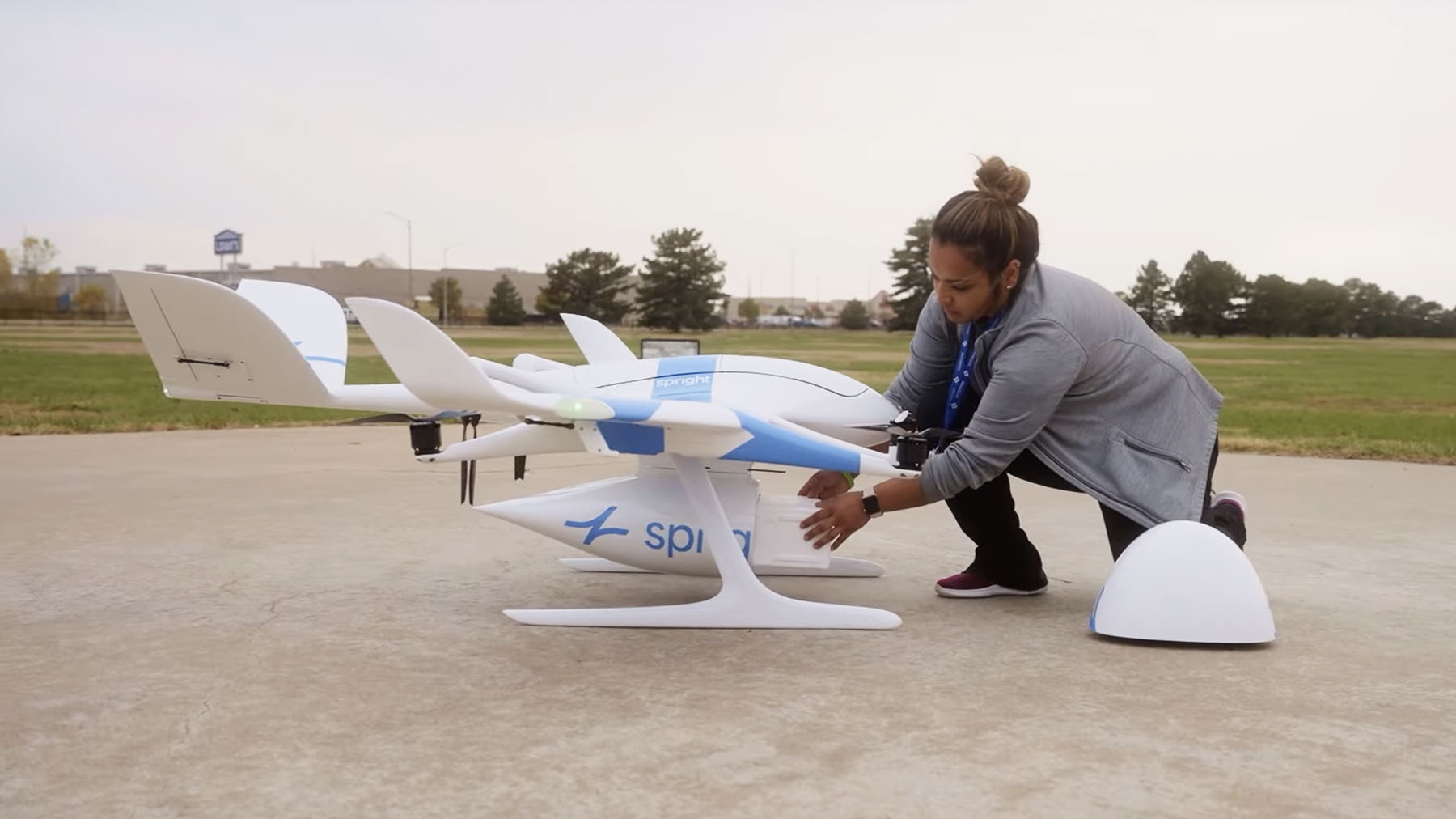
Outcome
Outcome
Outcome
Instead of a 45-minutes drive by car that would have taken a nurse off the floor for at least 1,5 hours, the drone delivered the goods in 29 minutes.
The envisioned network would increase healthcare access across rural and underserved communities and improve quality of care for patients due to faster turn-around times of lab samples and more targeted treatments for patients.
Finally, the electrically powered Wingcopter drones reduce the medical industry’s carbon footprint.
Instead of a 45-minutes drive by car that would have taken a nurse off the floor for at least 1,5 hours, the drone delivered the goods in 29 minutes.
The envisioned network would increase healthcare access across rural and underserved communities and improve quality of care for patients due to faster turn-around times of lab samples and more targeted treatments for patients.
Finally, the electrically powered Wingcopter drones reduce the medical industry’s carbon footprint.
Instead of a 45-minutes drive by car that would have taken a nurse off the floor for at least 1,5 hours, the drone delivered the goods in 29 minutes.
The envisioned network would increase healthcare access across rural and underserved communities and improve quality of care for patients due to faster turn-around times of lab samples and more targeted treatments for patients.
Finally, the electrically powered Wingcopter drones reduce the medical industry’s carbon footprint.
Impressions
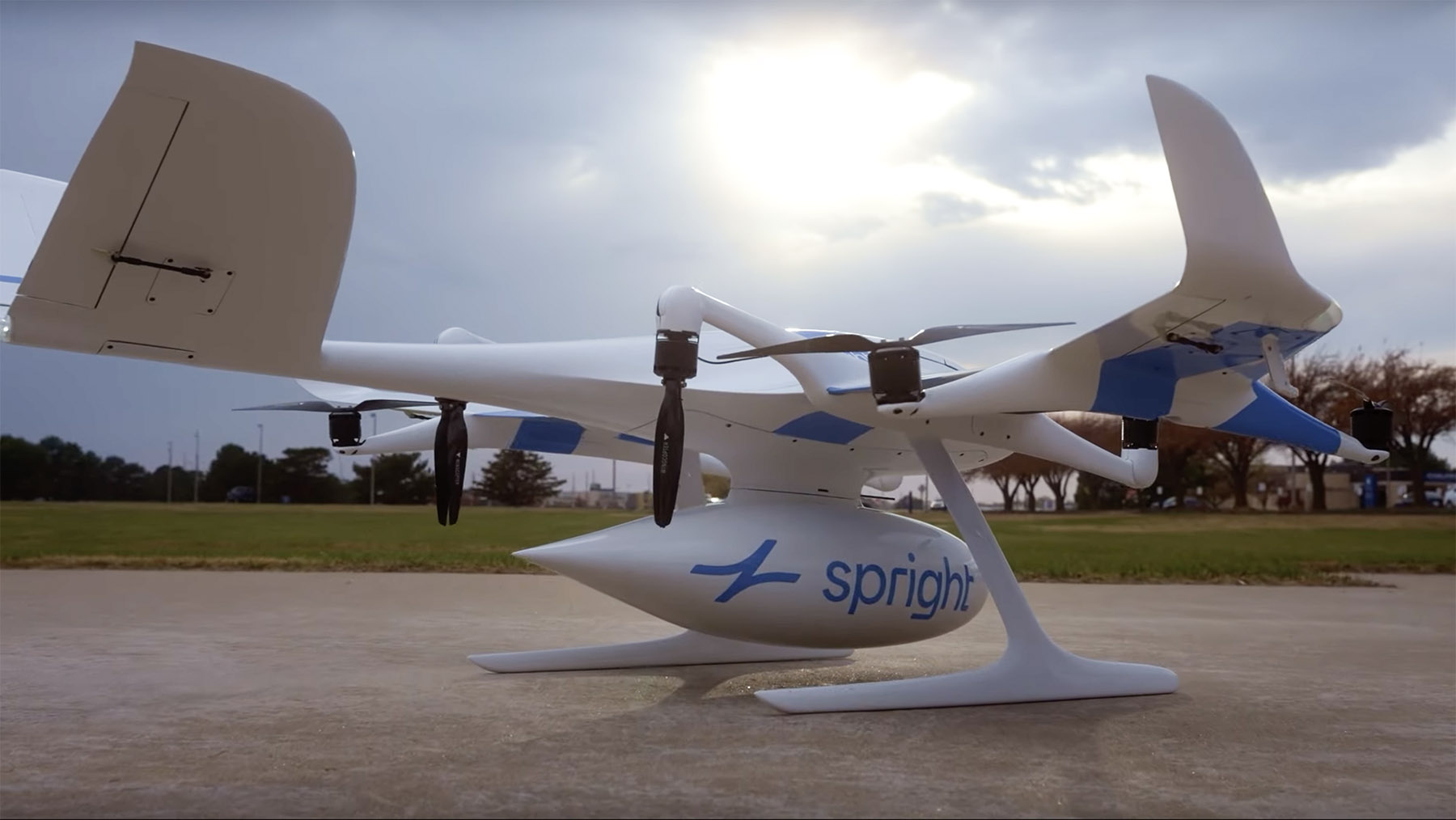
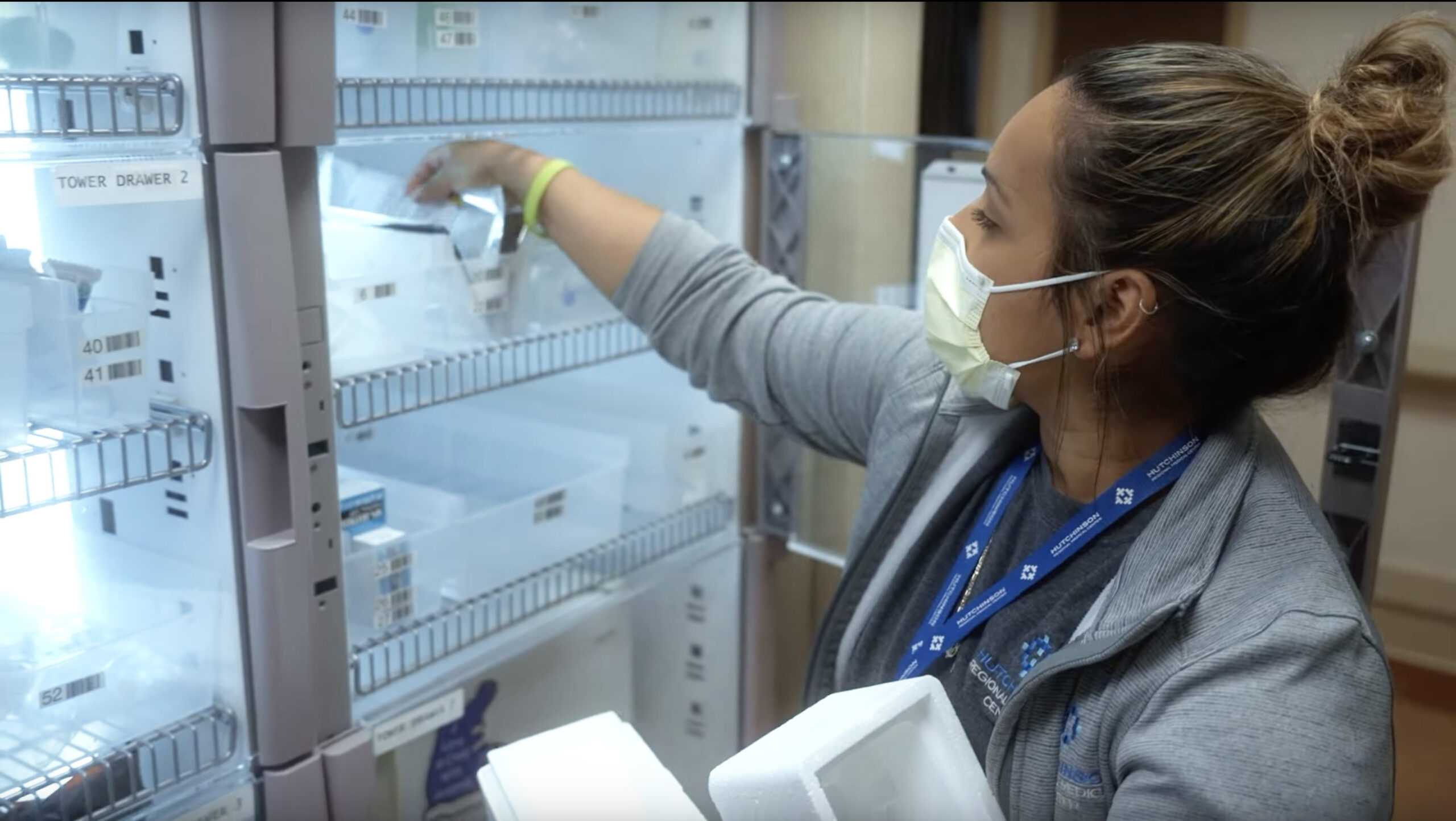
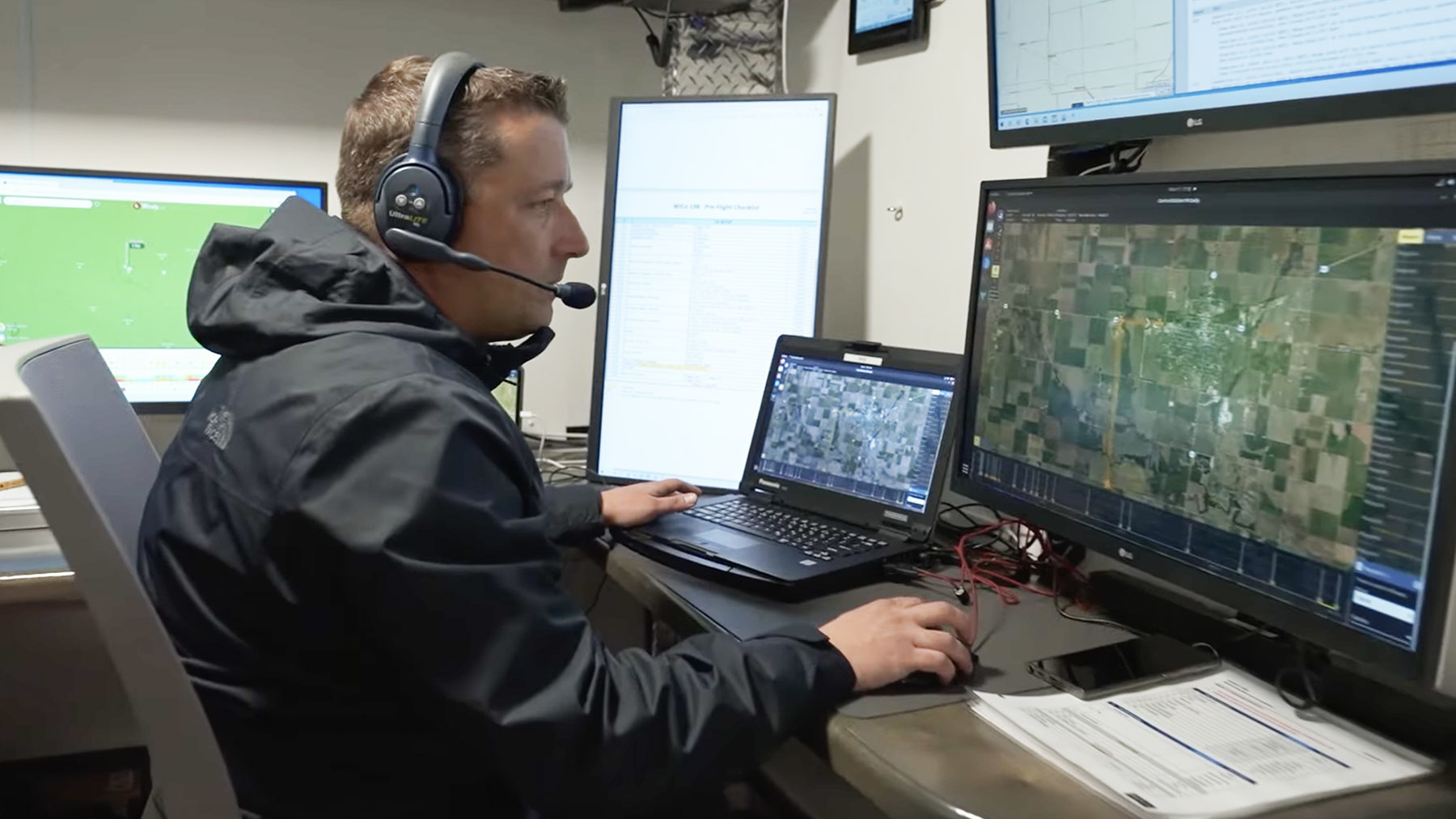
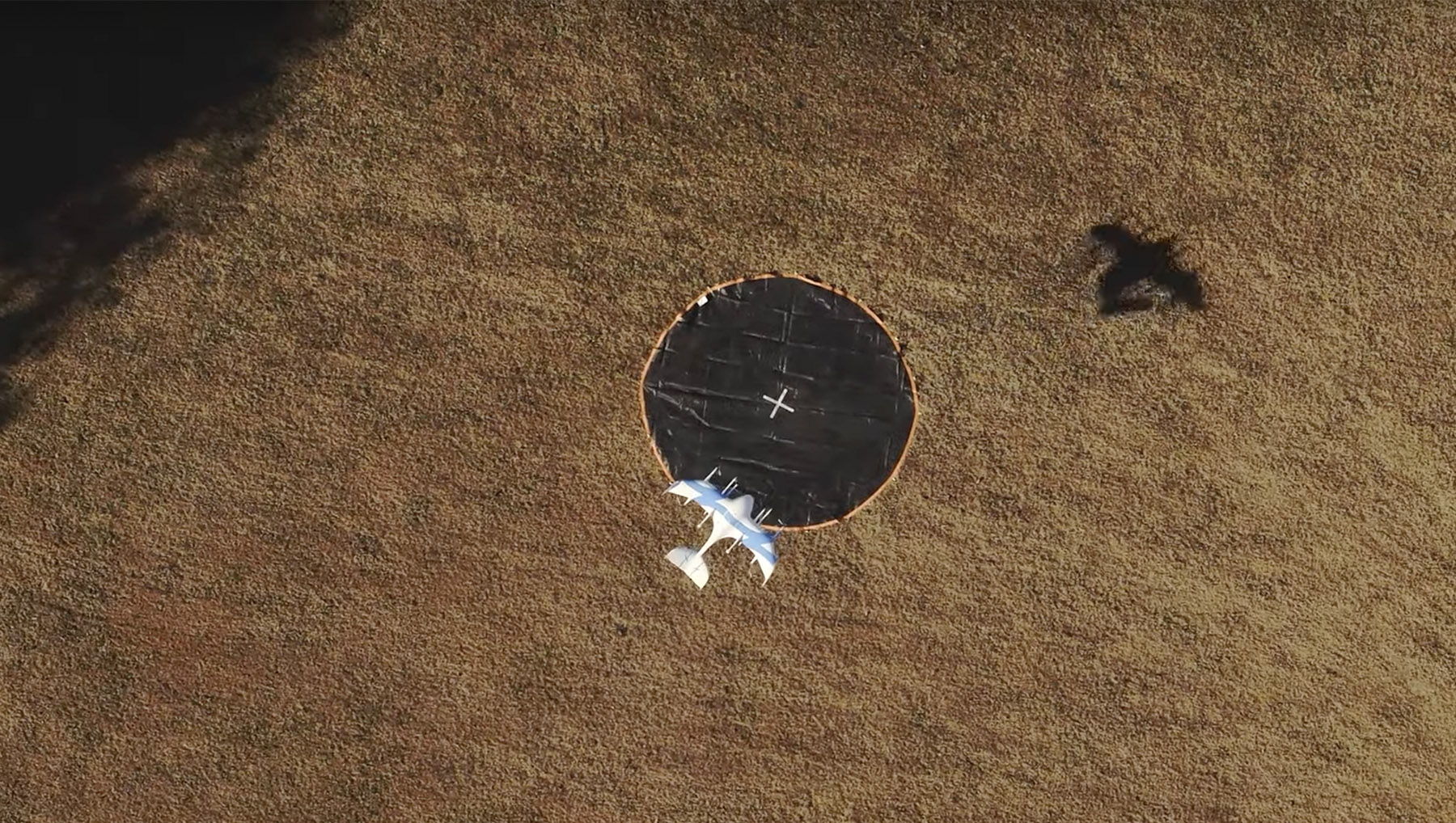

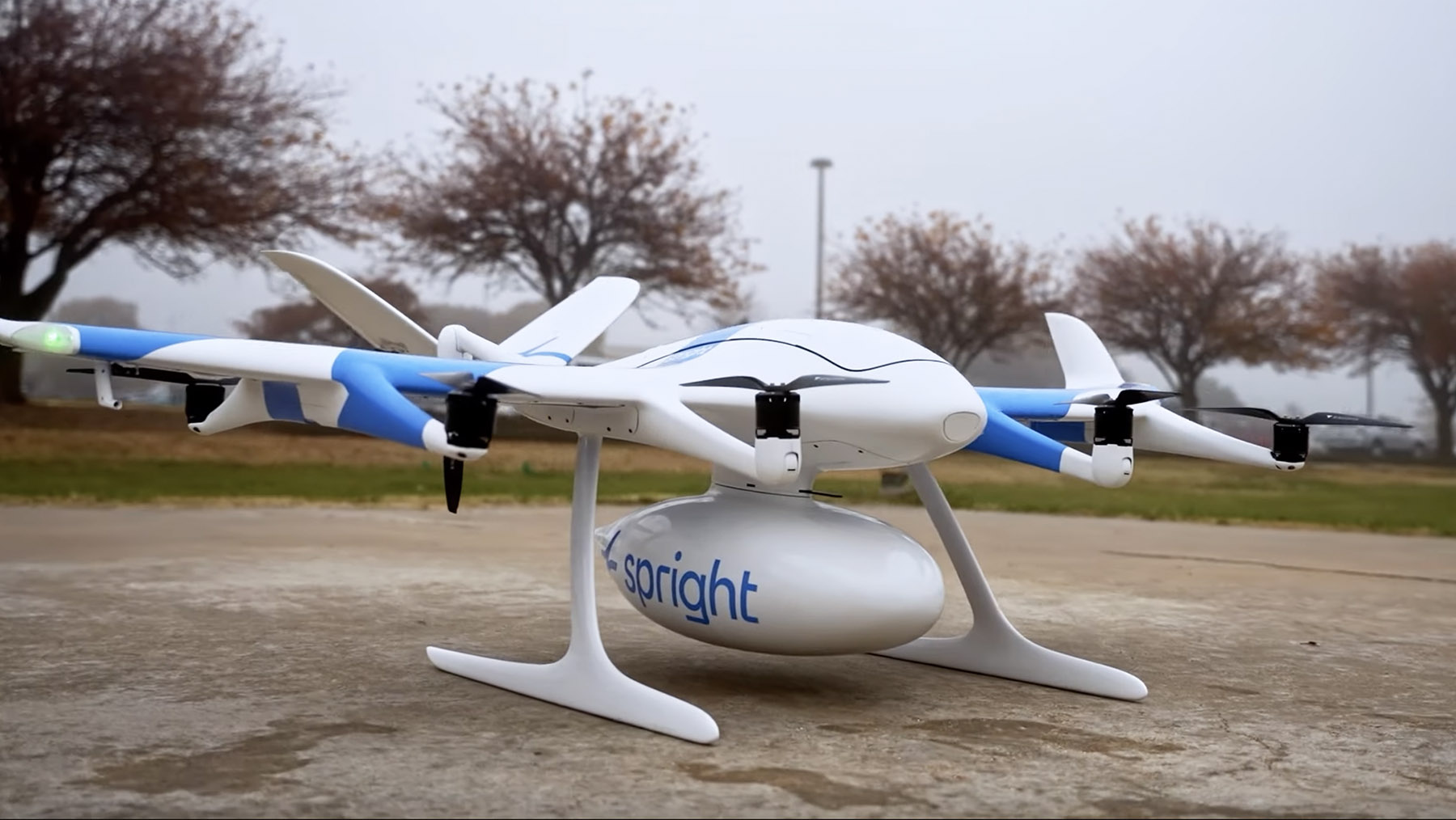
Connect with us and discover what our drone solutions can do for you
Stay up-to-date
Sign up for our newsletter to receive the latest news about our product development, interesting projects, new strategic partners, company milestones etc.

